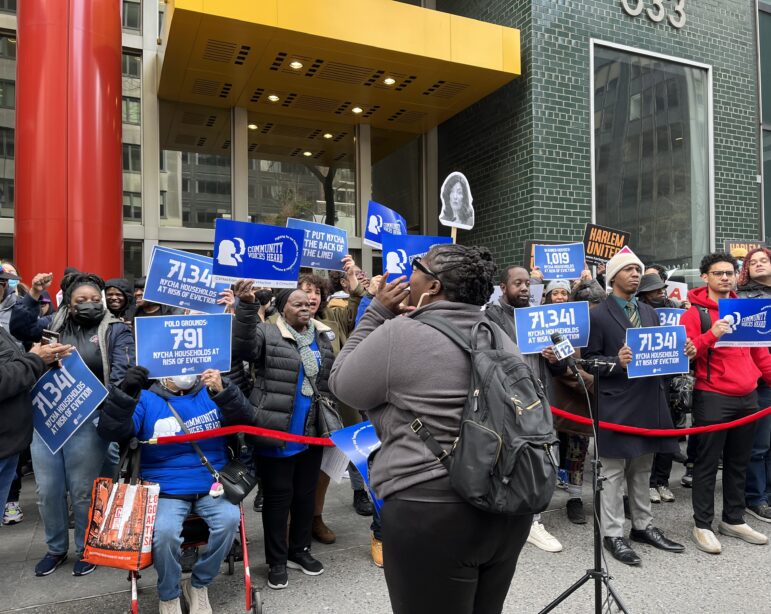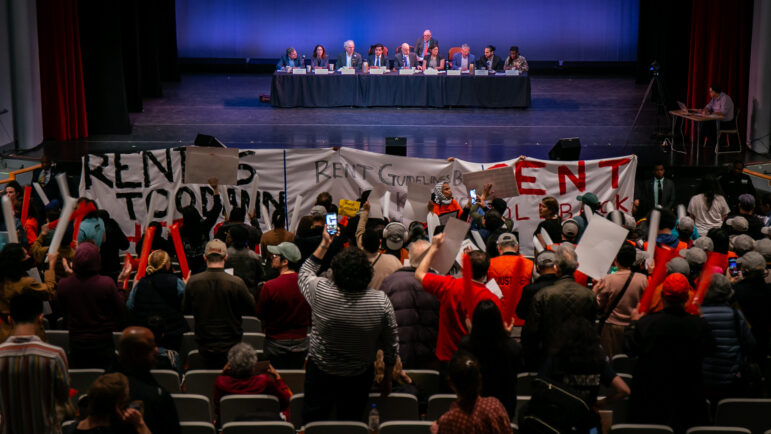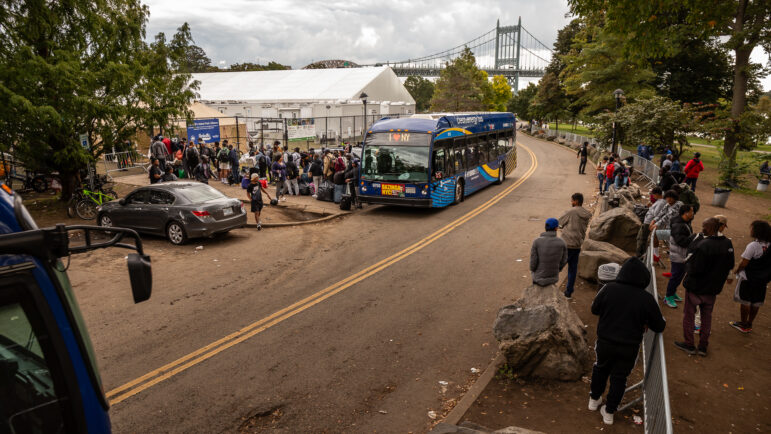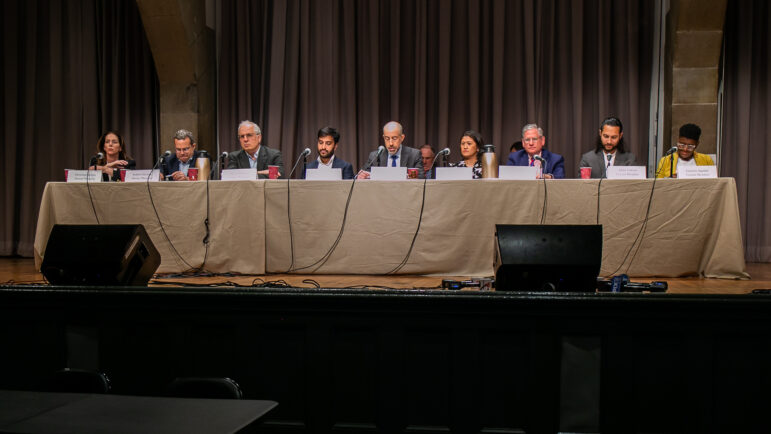Airline pilots aren’t the only transportation workers looking for relief. In the first week after the attack on the World Trade Center, Syed Naqvi, a driver for a black car company, lost a couple hundred dollars working his usual 12-hour shifts. Spending much of his days parked on a Manhattan street corner waiting for a dispatch call, he has brought in, at most, $120 a shift, a significant drop from the $150 he says he needs just to break even on the cost of gas, insurance, franchise dues, commission and car maintenance.
“Business is dead. We’ve been sitting for four to five hours,” says Naqvi, a driver for Big Apple Cars, one of hundreds of black car companies in the five boroughs.
Before September 11, the city’s 11,000 black car drivers drew nearly all of their work from downtown financial companies. With parts of the financial district still closed to traffic a few weeks after the towers fell, however, business has been cut in half, and given the loss of business from the towers, even the biggest optimists expect limo service to rebound to only two-thirds of its old levels.
To help themselves out of the worst crisis in their industry’s history, the drivers’ unions and associations have lined up to ask Congress, the Federal Emergency Management Agency and the Red Cross for low-cost loans at the very least.
“The drivers are in a very serious situation,” says Kevin Lynch, spokesperson for the International Association of Machinists and Aerospace Workers, which represents a quarter of the city’s black car drivers. “They are not working, but have to maintain car payments and insurance on expensive vehicles.”
With the support of the city’s Taxi and Limousine Commission, the union has also taken its pleas to the state, asking the Department of Labor to make drivers eligible for emergency unemployment benefits.
A handful of franchises are also trying to do their part by granting drivers temporary reprieve from paying dues, about $75 a month. Like their drivers, however, franchises are rapidly losing money, and a few have already said they’ll fold. Others are withholding money owed to their employees: Corporate USA has said it cannot pay the thousands it owes to each of its 30 drivers. And several union shops have announced they can no longer pay drivers’ health benefits.
There is some good news in all this: The Consortium for Worker Education has set up three-month contracts with van companies willing to hire drivers with the proper licenses.
For most, however, says Syed Armughan, a union lodge president, “We are just hand to mouth. The first week is rent, the second insurance, the third is living expenses and the fourth, maybe you can pay for some clothes for the kids. If the month is longer, maybe something for me.”








